Dutch Scientific Climate Council advises government: take lead with an eye on safety of existence
TU/e professor and deputy WKR president Heleen de Coninck: 'Climate policy starts with a jointly supported and thoughtful projection of the future.'
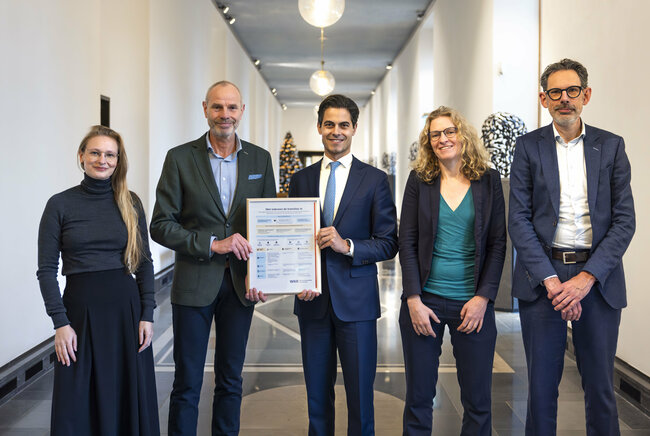
'Develop a long-term vision with citizens', 'Make pace' and 'Make the climate transition equitable, with an eye on safety of existence'. These are three of the main recommendations of the Dutch Scientific Climate Council (WKR) to the government. The council, established to advise the government on climate policy, is issuing its first advice on the 2025-2035 Climate Plan. TU/e climate scientist Heleen de Coninck is part of the council as deputy chair, with nine more fellow scientists from various academic disciplines.
Heleen de Coninck: "It is in the Netherlands' own interest to take matters into its own hands and pursue climate policies that are forward-looking and take other issues into account. Only then can we achieve climate neutrality and resilience in a fair way and quickly enough."
Jan Willem Erisman, president of the WKR: "Climate change is a very big task of our time, but we are not powerless. Climate policy starts with an attractive and shared vision of the future. Base choices on that that help accelerate becoming climate neutral and climate proof. Make sure those choices contribute to the economic opportunities for the Netherlands as a trading nation and base policy on that."
Long-term vision
The WKR advises the government to establish a broad and shared future perspective for a climate-neutral and climate-resistant Netherlands in the Climate Plan 2025-2035. People are concerned about climate, but also about energy prices, health and proper care, the cost of groceries, nature and the livability of their neighborhoods.
According to the advice, a vision of climate is needed that also includes these aspects, because that will enable the government to govern, act and invest for the long term. This will allow the Netherlands to make strategic choices for the necessary major changes for food, energy and toward a circular economy.
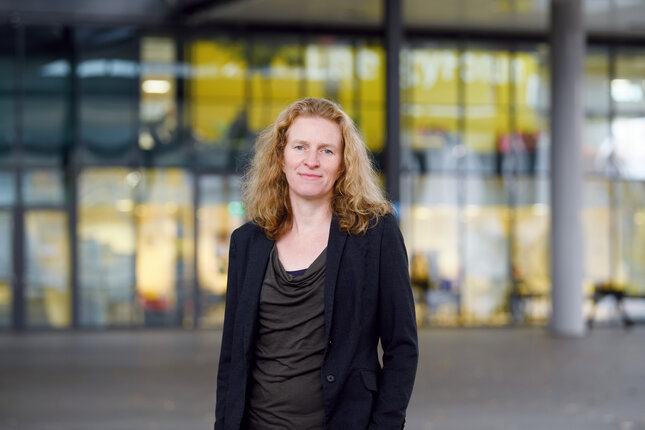
Making and keeping pace
The council's advice states that the government must take the lead to ensure that the Netherlands manages to reduce almost all greenhouse gas emissions by 2040. This acceleration of the transitions for food, circular economy and energy is, according to the WKR, more efficient, fairer and provides the necessary security for people and businesses.
To make the change happen, the Netherlands must commit to the long term, with a guiding role from all governments and a broad mix of policy instruments that facilitate sustainable behavior and climate-friendly decisions, the WKR said.
Right
It is also important that everyone can participate on the road to a climate-neutral and climate-resistant Netherlands. It must be equitable, with an eye for livelihood security, broad involvement of and investment in the people and companies that are now struggling to participate, the WKR advises.
De Coninck: "The government can accelerate the transitions by expanding the possibilities for people and companies who want to do more, but also by involving groups that are currently not yet involved in climate policy. In this way, we keep control of achieving a climate-neutral and climate-resilient future ourselves."
Independent advice
The WKR is an independent, scientific council that provides solicited and unsolicited advice to the government or parliament on the climate policy to be pursued, based on independent scientific knowledge. Established in 2022 and active as a council since April 2023, the WKR arises from an agreement in the coalition deal. The first advice serves as input for the Climate Plan that describes the main lines of climate policy for the next ten years. The cabinet will present the Climate Plan in 2024.
De Coninck combines work on the council with her current positions. At Eindhoven University of Technology, she works as professor of socio-technical innovation and climate change at the Faculty of Industrial Engineering and Innovation Sciences, and is affiliated with the TU/e institute for energy EIRES. De Coninck also works as a professor at Radboud University in Nijmegen and was lead author of influential IPCC climate reports.
Media contact
More on Sustainability
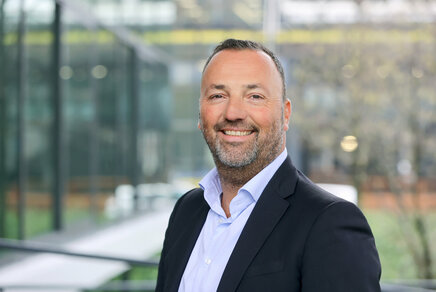
![[Translate to English:] [Translate to English:]](https://assets.w3.tue.nl/w/fileadmin/_processed_/c/f/csm_BvOF_2024_0319_AEV_license_TUe_Dirk_van_Meer_-_CORE_1__c976e259a5.jpg)
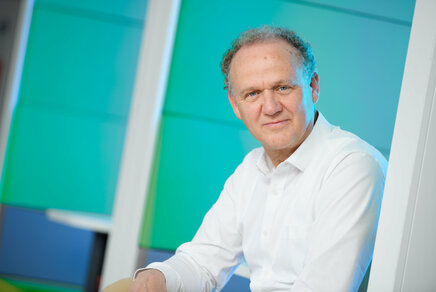
Latest news
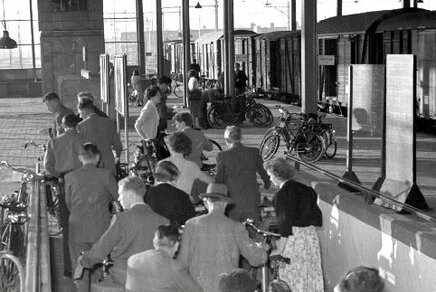

![[Translate to English:] [Translate to English:]](https://assets.w3.tue.nl/w/fileadmin/_processed_/e/0/csm_BvOF%202019_1031_BHF%20license%20TUe%20ILI%20copy_8a50884392.jpg)